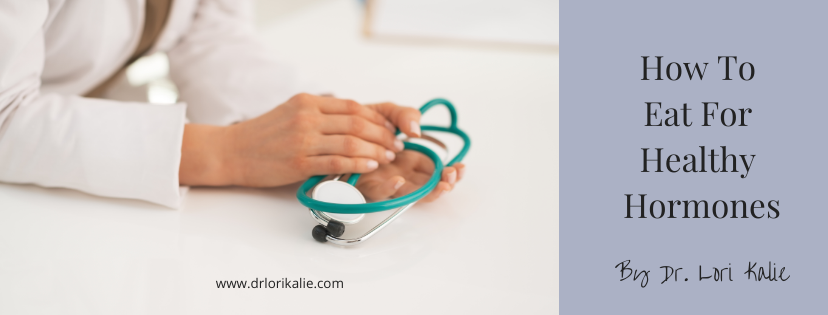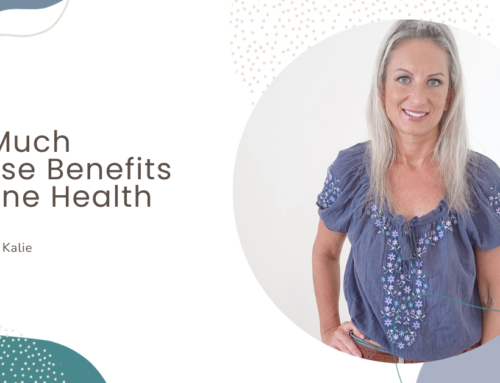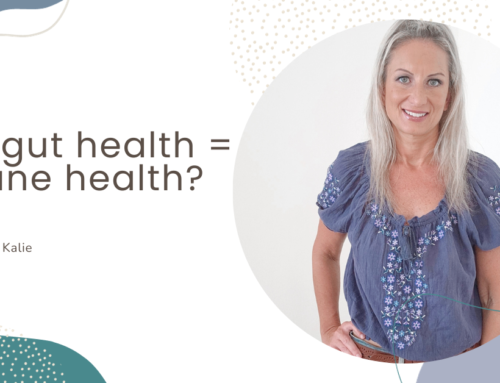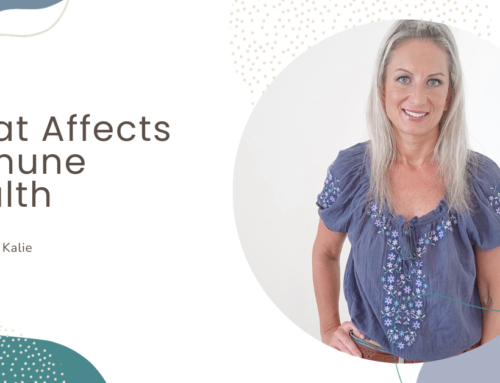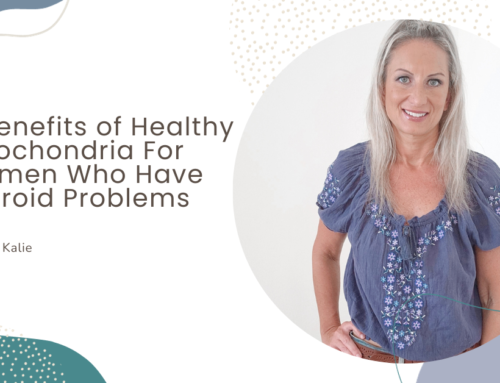Hormonal imbalances can have a major impact on your health. A lot of things can alter the delicate balance of your hormones and diet is definitely one of the factors that can do this. Unexplained weight gain, tiredness, bad skin, sleep problems and PMS can all be subtle signs that your hormones aren’t as balanced as they could be. Looking at your diet can be one of the simplest ways to start to balance your hormones and improve hormone health.
Pack in the protein
Protein is a really underrated way to balance your hormones, especially insulin and estrogen. Lean meats, fish, eggs and soybeans are all great examples of ways to up your protein intake. Fatty fish such as salmon and mackerel are super smart protein choices as they contain anti-inflammatory omega 3 fatty acids.
Red meats and processed meats are more of a grey area as they can increase inflammation, and this can raise the risk of hormone imbalances that are linked to inflammation.
Eat carbs and healthy fats too
Alongside protein, you’ll also want to include some carbs and healthy fats. These three macronutrients are super important for balancing your hormones. Ideally, try to include protein, carbs and healthy fats every mealtime. For fats, choose olive oil over vegetable oils, for example. Vegetables oils and margarine are full of inflammatory omega 6 fatty acids. Don’t forget to pack your plate with veggies too!
Support your gut with probiotics

Probiotics
If you’re not already eating probiotics, you’re missing out on a super easy way to support hormone health. Probiotics help to reduce inflammation and balance hormone production.
Eat plenty of fiber
Eating lots of fiber isn’t just great for your digestive health. It can also bind to estrogen and help to reduce some of the effects of excess estrogen.
High glycemic foods raise insulin levels
Foods that rank highly on the Glycemic Index increase insulin levels and alter the way that your body uses estrogen. They’re also inflammatory and can raise your levels of the stress hormone, cortisol. Refined carbs such as white flours are a big culprit for hormone imbalances, partly due to their inflammatory nature. Eating more low GI foods helps to balance hormones.
Soy can be a problem
If you already have an excess of estrogen, soy can be an issue. It contains some natural estrogens so it stands to raise your levels of this hormone even more. This is good news if you have low estrogen levels but it can be a big problem if your levels are already on the high side due to factors such as contraceptive pills and hormone mimicking toxins from your lifestyle.
Soy contains isoflavones, which can increase the effects of hormones such as estrogen. The end result? You can end up with much higher estrogen levels than you realize, and this can present itself in problems such as heavy periods, bloating, acne, chronic headaches and mood swings.
There’s another problem with non-organic, GMO soy products too. They can often contain a chemical called glyphosate. And guess what? This is another known hormone disruptor. Fermented soy products avoid this, as do non GMO, organic options.
You might find soy to be an issue if you’re a vegan, as many vegan friendly foods are packed with soy and you can easily find yourself eating a lot of it.
If you suspect that your levels are already high, soy may be something you decide to stay clear of completely.
Processed foods can raise estrogen levels
Processed foods are another one to avoid as they can significantly raise estrogen levels. Experts suggest eating a diet rich in processed foods can lead to estrogen levels that are as much as double the “normal”, healthy levels. If you’re worried that your estrogen levels are on the high side, cutting back on processed and sugary foods is super important, along with “bad” fats and alcohol. Eating more fiber, especially from fruits and vegetables, and following a low GI diet can also help to bring estrogen levels back in balance again.
Ditch caffeine and alcohol
Caffeine and alcohol can both affect hormone production. Drinking a lot of caffeine can raise cortisol levels and can also have an impact on the adrenal glands. This can have a knock on effect for lots of areas of your health, from sleep to digestion. Alcohol has been linked to “estrogen dominance” and can potentially increase insulin resistance and lower testosterone levels. The latter can be a factor in low libido, vaginal dryness and impotence.
Don’t skip meals
It’s not just what you eat that affects your hormones; when you eat can be super important too, especially for insulin. Skipping meals is a surefire way to raise insulin levels.
Download my FREE 5-Day Thyroid Recovery Plan. You will get information about how to reverse your thyroid condition and a meal plan and thyroid friendly recipes for 5 days.

